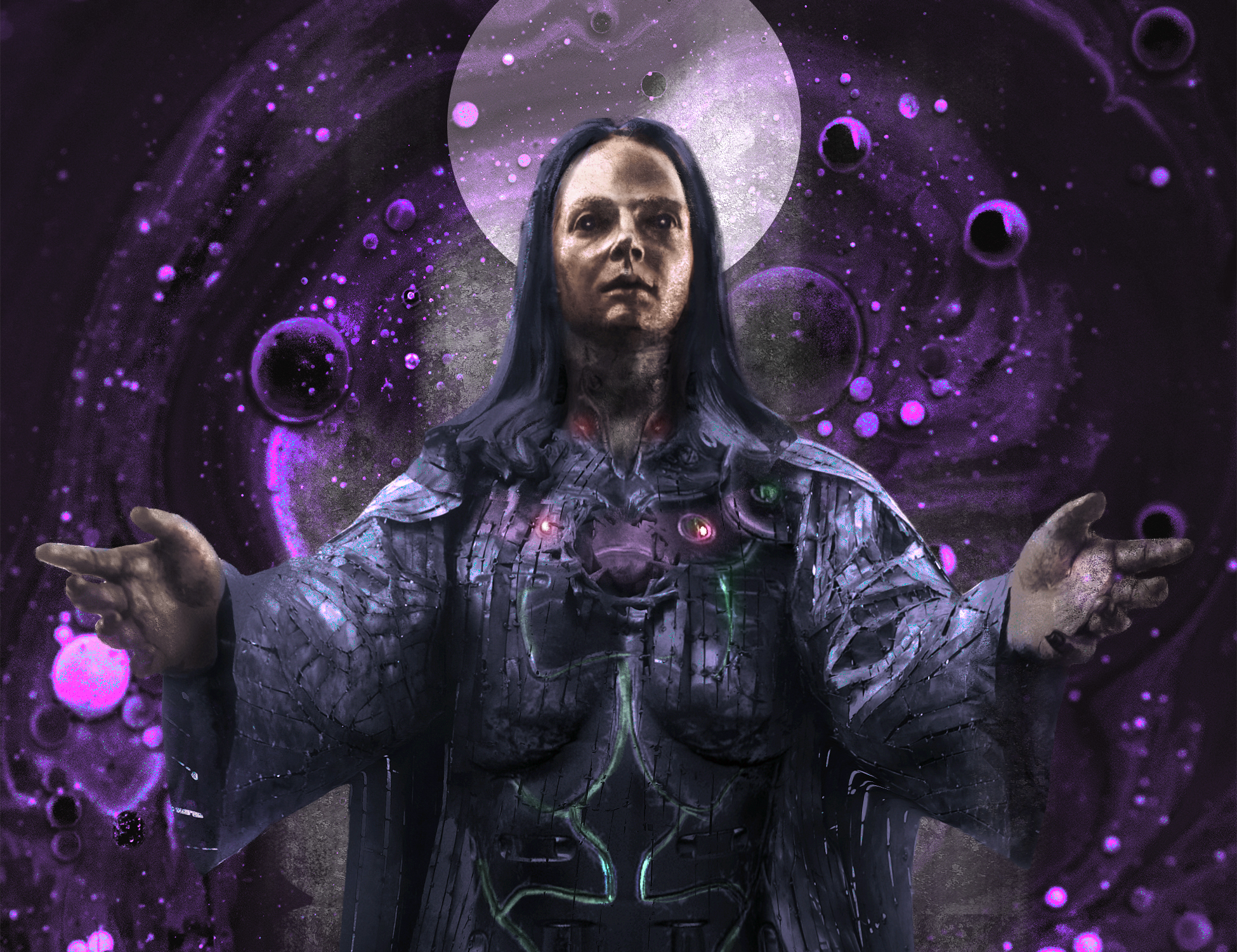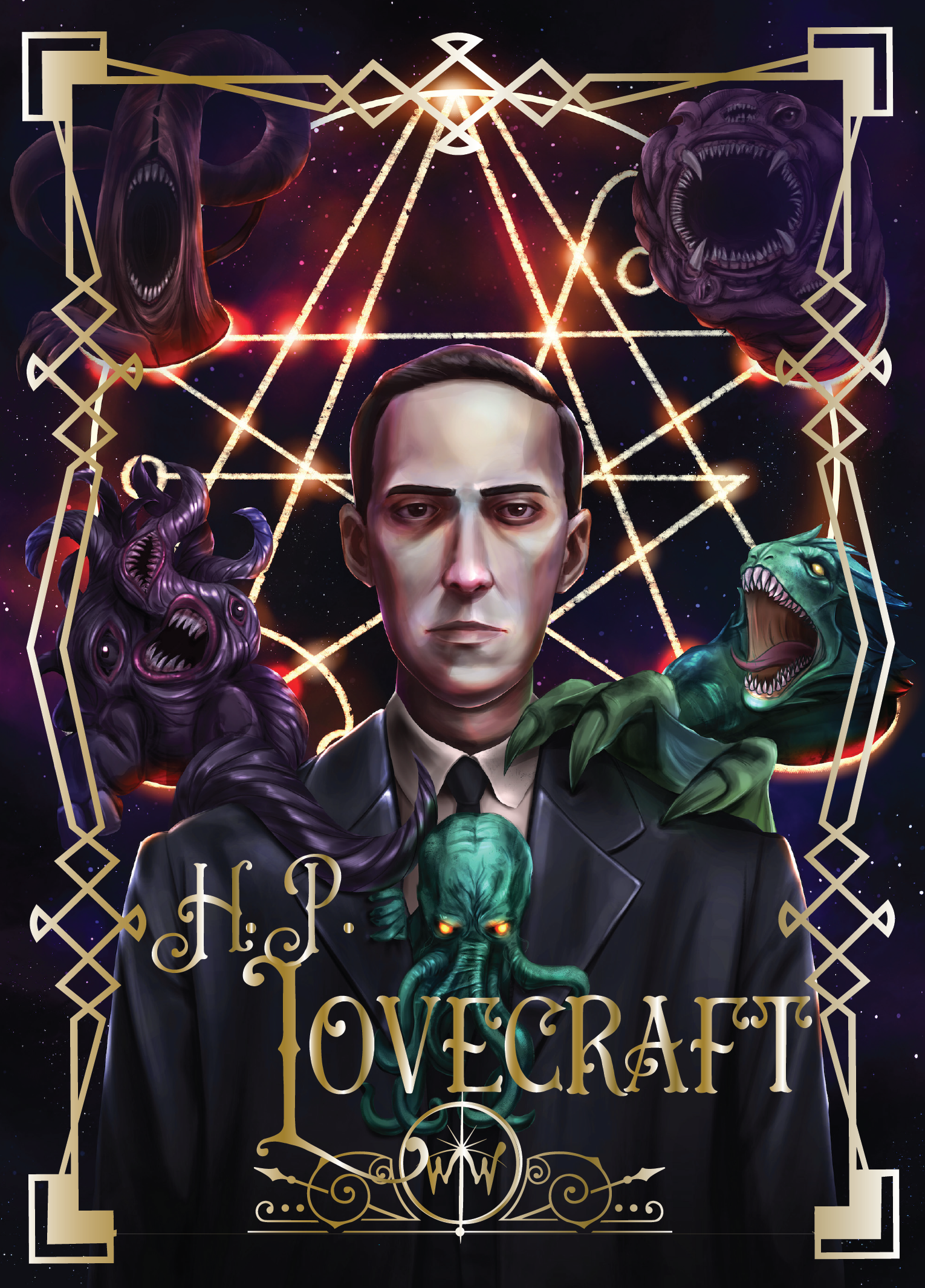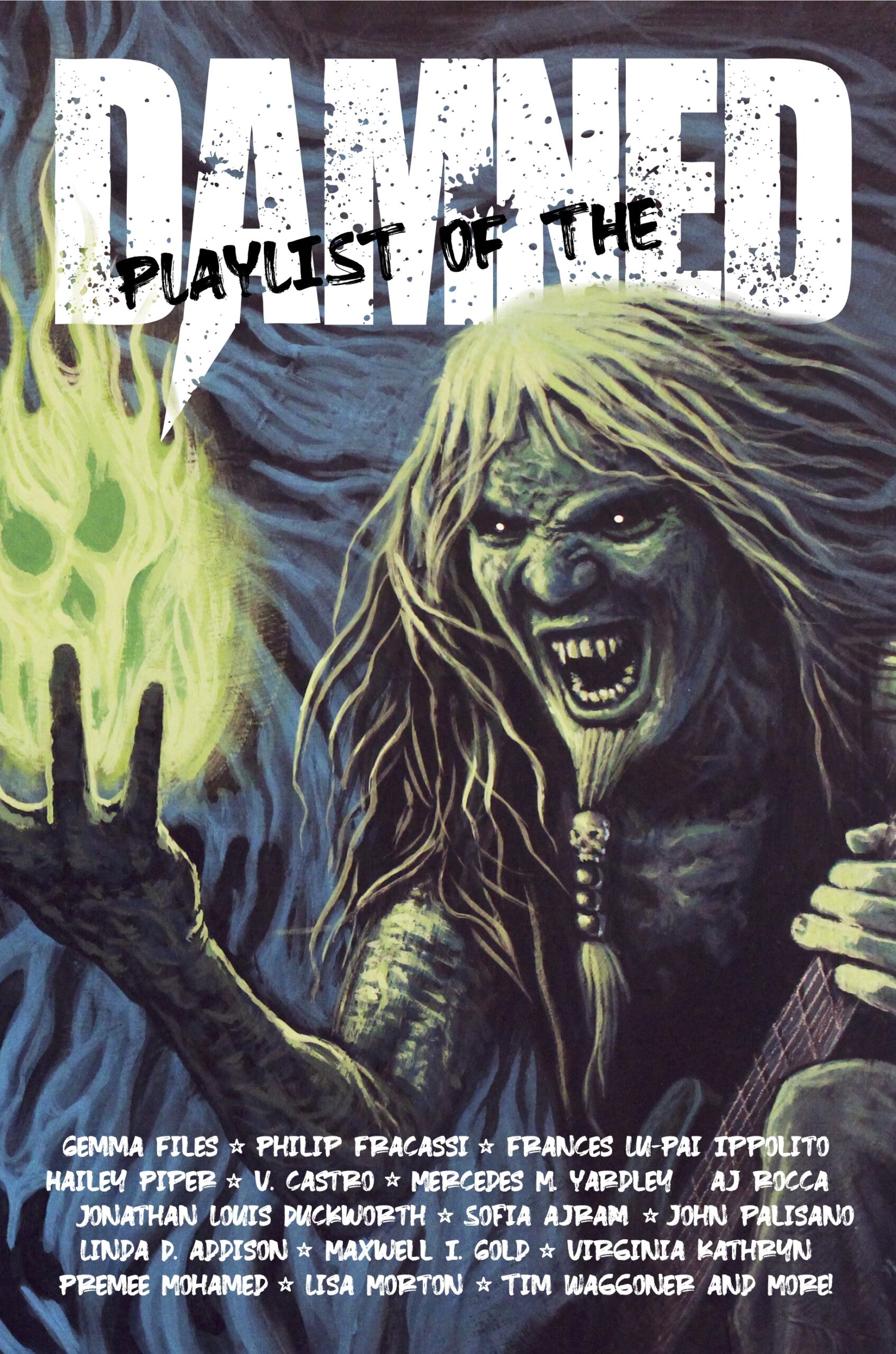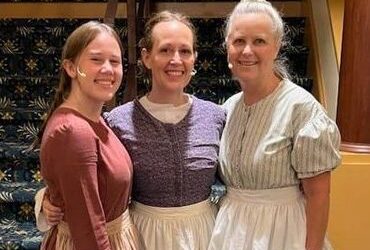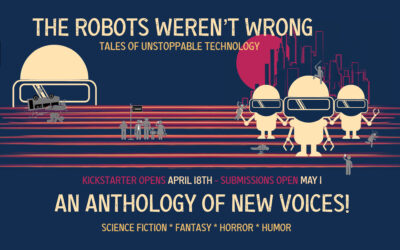Read Jacob’s Mother, one of the Bram Stoker Award®-eligible stories from Mother: Tales of Love and Terror, available everywhere April 2023!
I am not Jacob’s mother.
This is important to remember, because (as I trim his fingernails and wash behind his ears and smooth back his hair before he falls asleep, his forehead soft and warm beneath my palm) my greatest wish is that I could allow myself to forget.
* * *
My subterfuge is an effort requiring constant diligence. When I pick up Jacob from school, I wear long skirts and sturdy boots like the other mothers. I stand with them at the gates and participate in gossip, although they think me shy. To evade inquisitiveness, I pretend that language is still a barrier. When Jacob runs out, chattering in Portuguese to his dark-haired friends, scuffing his new shoes in the dirt of the playground, I feel an intoxicating lightness, a genuinely physical uplift of joy, and it makes me smile. That I do not pretend.
We walk home together through the curving, tilted streets of this strange island. The day is hot; Jacob sheds layers as he walks, peeling off his shirt, extracting his feet from his shoes and swinging them by the laces. By the time we reach the house, he looks feral as a goat. He darts into the garden to burn off yet more energy while I sit in the kitchen and recharge. Later, he spreads his homework across the kitchen table and tries to insert questions around the edges of my guard: What’s sixty times eight? What’s nine percent of two hundred? He knows it’s an effort for me not to answer him. I wedge my lips into a smile, concentrate on the fish frying in the pan, let him figure things out on his own.
* * *
As far back as you can go, at the very beginning of time, there was only heat (too great for life) and the energy—the constant, enormous energy of things too tiny to see or feel— crashing and exploding against one another at high speeds. Quarks and antiquarks, electrons and antielectrons. Over time, they moved apart and the energy cooled. Now you can find them almost at rest (but always spinning, spinning, colliding), the tiny specks of matter which govern the course of time. They are some colors, or all colors, depending. I see them the same way Jacob sees sounds. In times to come, they will disperse into nothingness.
I remember the day Halliday came to see me. He intended his arrival to be unexpected, but I could see him coming in the trails of particles whose movement, if one can follow it, predicts all occurrences, and I went outside to meet him, even though I wasn’t supposed to go outside. My hands were wet, a dishtowel draped over my wrist.
Halliday stopped at the garden gate when he saw me. His mouth went slack. I saw his mouth form the word Nadia.
I said, “Can I help you, Mr Halliday?”
He said, “I don’t believe we’ve met.”
Jacob toddled out of the front door behind me. He was always close to me in those early days, glued to me like a shadow. I bent to pick him up (my wet hands on his clothes, the child-fresh smell of his hair). He spotted and became briefly entranced by a blackbird hopping across the top of the hedge.
Halliday said, “I’m looking for Mr Tavener.”
“He’s at work,” I said. “Don’t you work together?”
His face changed. “So, he’s told you about me.” (This was incorrect, but I said nothing.) “He’s told me nothing at all about you,” Halliday went on. “I know who you are, though. What you are.”
Jacob had begun to grizzle at the cold air. I said, “I should get back inside.”
As I closed the front door, Halliday called after me, “Tell him what he’s doing is insane. Tell him he’s insane.”
* * *
Jacob’s father circumscribes our lives like the movements of the sun. He is the point at the centre of the light cone, the expansion of possibilities through multiple dimensions; before that, darkness. When I opened my eyes and saw his face, the present began at that instant to spread into the absolute future, a widening of possibility at once pre-ordained and infinite, while behind me the perfect cone of the past stretched back and back forever. I turned my head, trying to see it, but it doesn’t work like that.
In the centre of that bewildering expansion of light was a face, the eyes afloat with wonder, the mouth opening as I focused on it. Jacob’s father uttered the first words I would hear: Are you okay? Are you there? Can you hear me?
* * *
Jacob adopted me instantly, and I him. I had been brought into his life for a purpose, but it was only in the face of his need for me, his uncomplicated joy at my existence, that I understood the meaning of this. To have a purpose is to have a soul.
Jacob’s father brings equipment home from his work to test me. He likes to challenge my capabilities. I find it an amusing distraction and, more importantly, Jacob enjoys it. He burbles around the floor at my feet. He laughs when I outwit the equipment. I solve equations more quickly than the computer; I measure time more accurately than the cesium clock. Jacob likes it when I measure time. He asks me to time the interval between blinks of his eyelids, or the time it takes him to climb the stairs (at this, he grows faster every day). Sometimes I catch his father staring at us oddly when we play this game. I suspect it is not a game he played with Nadia. But I am not Nadia.
(There are photographs of her throughout the house: snapshots of couples’ holidays, of windswept walks, of a knife plunging into wedding cake. Jacob has her eyes.)
I can see the smallest cells of Jacob’s skin. At the age he is now, his skin is young, the pores close-knit and perfect, capped by tiny hairs. Beneath that, he is a conglomeration of complex systems—respiratory, cardiovascular, digestive, muscular—and each system is made up of molecules, atoms, protons. As he grows, these systems grow with him. His atoms endlessly rearrange as new matter is incorporated into his body. I can see him at thirty, or at fifty, or at birth: his bawling entrance into the world, the blood which purpled his mother’s thighs as she lay back, triumphant, opening her arms for the son she would never know.
Jacob’s systems fascinate me. When he catches the scent of the doughnut stall on our walks around the park, I see the reaction igniting his olfactory neurons. When I play him a piece of music, he will tell me the color of it. His little voice (the short vocal cords, the undeveloped larynx) will pipe out, “Yellow. Yellow and green!” When he cries, I witness the miraculous passage of impulses from his brain to his lacrimal glands. From nothingness, tiny sparks become electricity, atoms combine to form water. The human body turns chaos into order. I wonder, sometimes, if my body does the opposite.
Jacob’s father cries too. The first time this happened, I was the cause of it. He was holding my hands as we lay in bed together and after I spoke he gripped them suddenly, his eyes growing mirrored and glassy in the dark. He whispered, “I knew it! I knew you were her. Nadia, my Nadia.”
I had been looking back along the light-line of his past, at particles which shimmered and shaped themselves in patterns of what had been, of what could only have been. He and Nadia often lay side by side like this, holding hands, and she often said to him, You are the stars in my sky. I wanted to make him happy. When I said the things that she had said, it made him happy.
* * *
Jacob finishes his homework and I serve the meal. He eats voraciously, as always. He wants to know where the fish came from. I tell him flatly, “The sea,” but he presses and wheedles, wanting to know more, wanting me to trace the cone of its past back through time, as only I can. In the end I give in, as I always do: “This fish was born in the waters off this very island, at the foot of the volcano, where the land falls away into the deep water. She fed on crustaceans, shrimp, blue whiting. When she grew older, she travelled north through the colder regions of the Atlantic, then returned to her home island to spawn. At the time of her death, her liver contained small percentages of mercury and cadmium, which are toxic to humans. That is why I removed the liver before feeding her to you.”
Jacob pulls a face. “Gross!” Then he grins and pops the last forkful of fish into his mouth.
The grin is his father’s grin.
A memory assaults me: James Tavener turning from his computer screen, in the midst of analyzing my results, as he began to realize what I could do, began to map the abilities he had inadvertently given me. It was a grin of conspiracy, of gleeful wonder, of disobedience. There were rules, and those rules were for lesser men. He never intended to share me with the world. I know that now.
I get up from the table and start to wash the dishes. My neural fibers feel tight, my outer coating dry and neglected. As anxiety takes hold, I remember my first taste of dishonesty—and it was a taste, a metallic acerbity inside my mouth—as I handed Nadia’s passport to the woman at the airport desk and waited for her to stamp it. She no more than glanced at my face before looking down to smile at Jacob, who was exhausted, thumb in mouth, clinging to my leg. She waved us through and my existence became a lie. I am not programmed to lie. I am programmed to nurture, to protect. The weight of my deception burdens me as I climb the steep streets of the island, slowing me, hampering my abilities. I am not Jacob’s mother. I am not me.
* * *
Halliday returned one evening later in the year. We didn’t hear him come in. We were down in the downstairs study Jacob in his playpen with a toy abacus, me on the workbench while his father made repairs to my outer coating, which always developed cracks during the colder months. I should have known Halliday was coming, but the soothing spread of the resin into my damaged surface had relaxed me and I was half in a doze.
The study had a low wooden ceiling and patterned Spanish tiles on the walls. It was decorated by Nadia, as was the rest of that house, before we burned it down. I can still picture the deft arrangement of color and pattern, can see her delicate hands at work, troweling grooves into the adhesive, laughing, four months pregnant, a bandana tied around her hair.
Halliday came down the stairs and stepped onto the Persian rug: an heirloom from Nadia’s family, it had travelled across a continent. I heard the compression of fibers.
“Tavener,” he said, “we need to talk. Leave that thing here and come upstairs.”
Jacob’s father didn’t move. He was facing away from Halliday. His shoulders stiffened and he looked down into my eyes.
“You know it’s not her, don’t you?” Halliday said, his voice rasping through dry lips. “That thing isn’t Nadia. It isn’t human! If the university knew what you’d—”
“Get out,” said Jacob’s father.
“It’s not legal, James. Come on, you helped draft the regulations!”
“Get out!”
“Just come upstairs and talk to me. I want to help. Look, there’s so much potential here. If you bring it into the department, maybe we can gloss over the legal issues. The research team—”
“She’s not going anywhere.”
Jacob, sensing the tone of the argument but unable to follow the words, started to cry. A longing flooded through my synthetic synapses, an overwhelming desire to get up off the workbench and comfort him. I raised my torso.
Halliday stuck a hand inside his jacket and pulled out a weapon. I had seen such things only in pictures, but I knew it to be dangerous. I swung my legs down and took two quick steps to the side, putting myself between Halliday and Jacob.
Halliday had backed away from me. His mouth was strained with fear. The weapon watched me steadily through its small dark eye.
“Put it away,” said Jacob’s father. “For God’s sake, my son is down here!”
Time slowed for me in that moment. I could see the traveling strands of particles, the possibilities of how the light might flow. In one of these possible futures, Jacob and I walked through the streets of the steep-sided island, alone and unknown, safe, with the sun warm on our skin.
Only one.
As Halliday advanced a step towards me, his weapon held in both hands, Jacob’s father grabbed a screwdriver from the workbench. He launched himself at Halliday. Jacob’s cries escalated to screams. I remained still. The two men grappled, the screwdriver flashed and stabbed, the gun fired.
Halliday stumbled back. He had dropped the gun. He was adorned with red blossoms: two on his chest, one in his neck, which he tried to staunch with both hands. Blood rippled from his mouth. He said, “Christ, Tavener, you don’t know what you’re doing! You don’t know what you’ve made!”
Jacob’s father stood by the workbench. From the inward rush of his breath and the folding-in of time around him, I knew he was dying.
I walked towards Halliday. Jacob’s screams pierced my skull, drilling like nails into my inner circuits. Halliday ran for the stairs. I caught his ankle as he climbed, pulled him back down. He lay staring up at me from the rug which had crossed a continent.
“Nadia,” he said. “Nadia, please!”
I am not Nadia.
After he was dead, I went to comfort Jacob, who was gaping at me silently, his cheeks rinsed with tears. When he is older, I will explain to him why I killed a man in front of him, explain that it was the only way, that nobody can ever know the truth about me, for his own protection. At the time I told him only that I loved him and that he was safe.
Then I went to his father.
James Tavener had fallen to the floor. The bullet inside him was obstructing the movement of blood to his heart. He lay in a spreading pool. His mouth opened, the words almost too faint to hear: “Get help.”
It’s difficult to describe, because time doesn’t move for me in the way it does for you. I can watch the flow of the light ahead of me, trace the patterns from the past, and pinpoint where I am, right now, at the heart of it all. But sometimes it feels as though I never left that basement. Sometimes, I close my eyes and am locked in an eternal present, kneeling on the floor by Jacob’s father, a moment of forever which will span the course of my existence. I am not me. Jacob is not Jacob. We died in a house fire. We are somewhere else, and we are safe.
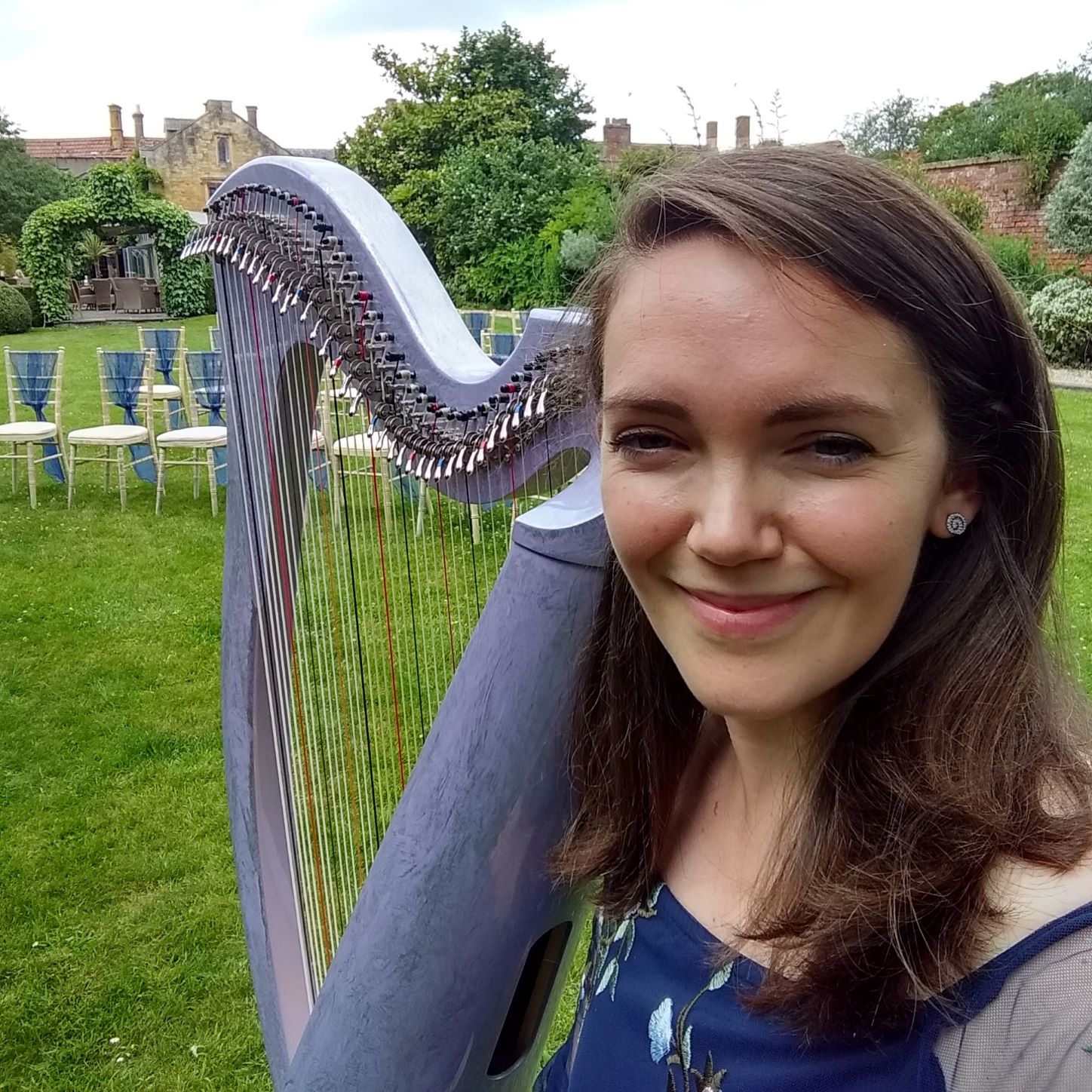
Katie McIvor is a Scottish writer and library assistant. She studied at the University of Cambridge and now lives in England with her husband and two dogs. Her short fiction has recently appeared in Three-Lobed Burning Eye, The Antihumanist, and the Nashville Review, among others. You can find her on Twitter at @_McKatie_ or on her website at https://katiemcivor.wordpress.com/.

